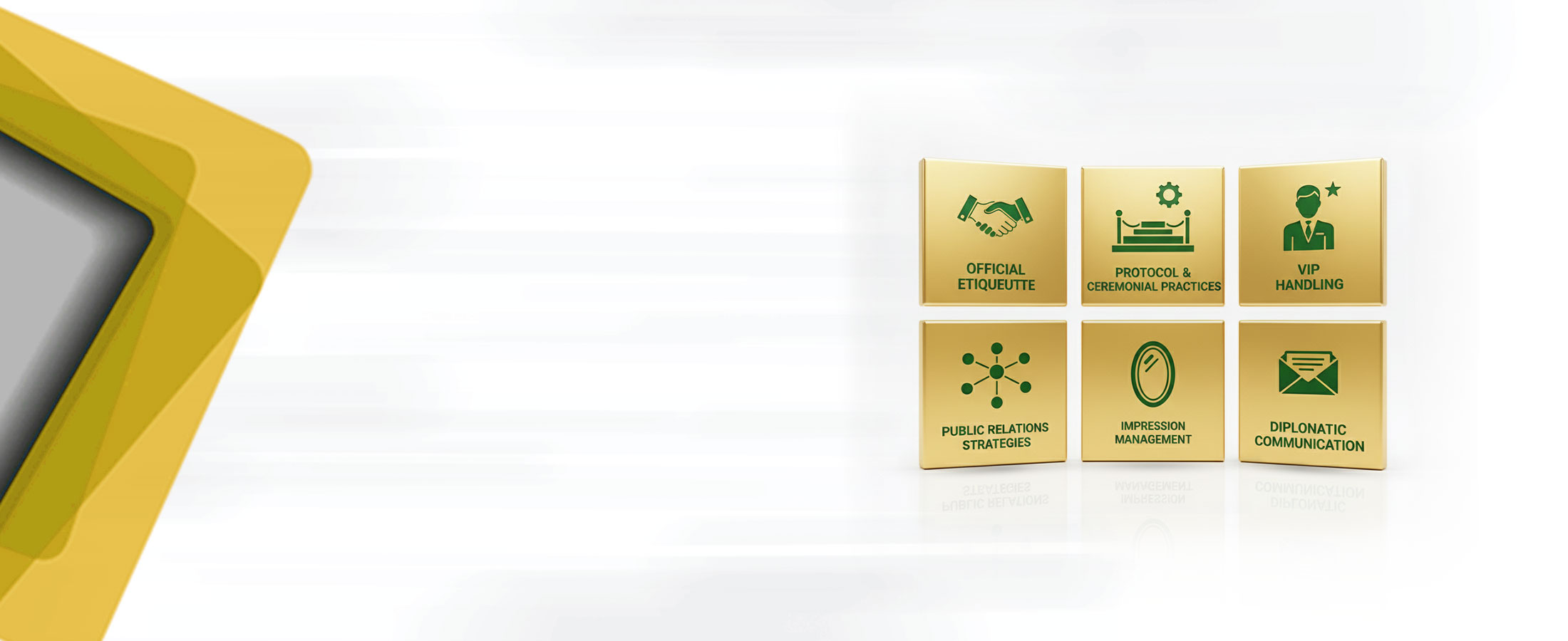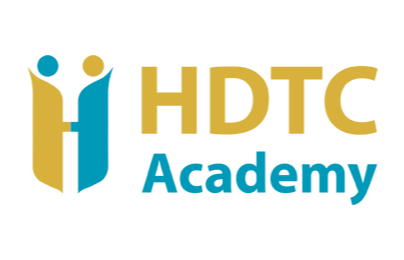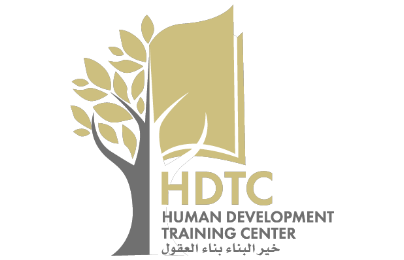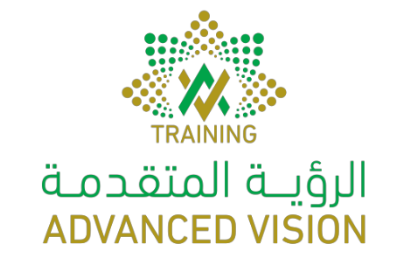
استراتيجيات العلاقات العامة وفن الاتيكيت والبروتوكول والمراسم والتعامل - Dubai 16 November 2025
: 67Introduction:
Public relations are considered one of the fundamental tools that contribute to enhancing the public image of any organization or individual. They help build trust and establish effective communication with the target audience.
In this course, we will cover advanced public relations strategies, along with the arts of etiquette, protocol, and ceremonial conduct, which are essential elements that strengthen relationships with VIPs and reflect a high level of professionalism and courtesy.
Course Objectives:
By the end of this training program, participants will be able to:
• Master creative protocol skills and understand international protocol principles.
• Acquire essential social etiquette skills for interacting with high-profile and international figures, and enhance their interpersonal abilities.
• Apply social protocol practices in their personal and professional lives to effectively handle diverse situations and interactions.
• Appreciate and represent authentic Arab culture through refined manners and cultural expression.
• Develop strong communication and protocol skills and apply them in daily and social interactions.
• Learn and apply “Kanor Noriaki” astonishment techniques for the first time globally within communicative etiquette.
• Understand the mindset, culture, and behavioral patterns of professionals in various work environments.
• Master the art of managing and maintaining positive relationships and directing them effectively.
• Gain a comprehensive understanding of the concepts and fundamentals of winning others’ goodwill.
• Clarify the link between etiquette and professional protocol and their role in building strong public relations.
• Acquire the knowledge and skills required to deal appropriately with managers, colleagues, VIPs, and official guests in various events and local or international occasions.
• Develop skills in organizing discussions, dialogues, and positive negotiations.
• Understand the relationship between international etiquette and protocol rules and the principles of Islamic culture, Arab traditions, and moral values.
• Differentiate between etiquette, international protocol, and local protocol concepts and applications.
• Gain the ability to welcome and host VIP guests and organize official events and ceremonies effectively.
• Acquire skills for organizing dining events, meetings, negotiations, and official celebrations according to global etiquette standards.
• Learn internationally recognized practices for handling events, receptions, greetings, and formal occasions.
• Simplify the understanding of workplace etiquette and explore its strong connection to individual daily behaviors.
Scientific Themes:
❖ Communication: Etiquette for Building New Relationships
• Etiquette of the first meeting
• The link between positive communication and professional success; importance of effective communication in maintaining professional relationships
• Difference between communication and public relations
• How to be an ambassador for yourself within your organization and for your organization externally
❖ Fundamentals of Etiquette in External Communication Skills
• Speaking with others (major conversational mistakes to avoid)
• Speaking in a foreign language
• The culture of listening and its importance for those working in institutional communication
• Developing active listening skills
❖ International Protocol: From Arrival to Departure
• Practical presentations and exercises on protocol traditions across more than twenty major countries, in addition to regional and continental protocols
• Protocol and etiquette for handling national symbols and flags
• Duties when hosting guests in your office and when visiting others’ offices
❖ The British Protocol
• Etiquette and behavior related to women
• Etiquette and behavior related to men
❖ The French Protocol
• Etiquette and behavior related to women
• Etiquette and behavior related to men
❖ Between Protocol and Etiquette
• Distinguishing protocol from etiquette
• The relationship between etiquette, protocol, and Arab culture
• Differences between etiquette and protocol
• How to be an ambassador for your organization
• The art of creating an impressive first impression (how to make the initial perception work in your favor)
• Image building (how to protect your personal and institutional reputation)
• Professional and social courtesies
• Handshakes and introductions
• Common mistakes in conversations and when speaking foreign languages
• The culture of listening and its importance for protocol officers (developing good listening skills)
• Etiquette of official invitation cards (Vienna Convention standards: size, color, content, language, method of delivery, acceptance or apology procedures)
❖ Institutional Etiquette Skills with Mid- and Lower-Level Departments
• General professional protocols
• Specific workplace protocols to observe
• Communication and interaction skills with colleagues and managers
• Nurturing a sense of national responsibility at work
❖ Core Skills in Workplace Protocol
• The art of creating an impressive first impression
• Image management – protecting your reputation and your organization’s reputation
• Etiquette for accepting differing opinions
• The charisma of spreading positivity
• Handshake and greeting etiquette
• Introducing yourself and others appropriately
❖ Official Protocol Guidelines from the UAE Government Communication Office
• Dress code (national attire etiquette for both genders, appropriate attire inside and outside the country)
• Dining etiquette: using cutlery correctly, handling difficult dishes, responding when unfamiliar food is served, major dining mistakes to avoid
• How to handle an important phone call during an official meal
• How to react gracefully in an embarrassing situation (e.g., spilling food on clothing)
❖ Cultural Distinctions Between Nations
• Arab region
• China
• East Asia
• Eastern Europe
• North Africa
• Latin America
❖ Telephone Communication Etiquette
• Starting a phone call professionally
• Proper vocal identity
• Suitable tone and pitch
• Words and phrases to avoid
• How to direct calls to other departments
• Logistical readiness for phone handling
• Proper closing of calls
❖ Email and Electronic Writing Skills
• Crafting professional introductions
• Reviewing exemplary business writing samples
• Presenting ideas clearly and effectively
• Polite and engaging openings
• Professional greetings and closings
• The art of concise and elegant summaries
❖ Handling Work Pressure and Formal Events
• Protocol for preparing visit programs for VIPs
• Official invitation card protocol (Vienna standards: size, color, content, language, delivery, RSVP or decline etiquette)
• The culture of flexibility and compromise
• Emotional intelligence and stress management skills
• Controlling anger and maintaining composure
• Workplace relationship boundaries in front of VIPs and key figures
• Post-event communication protocol






